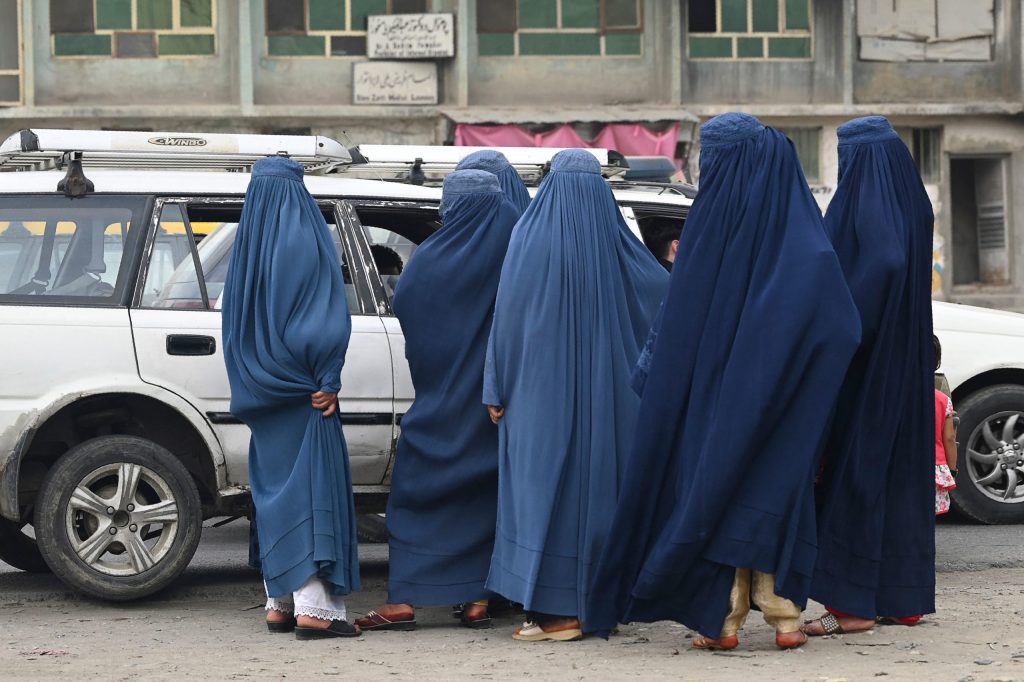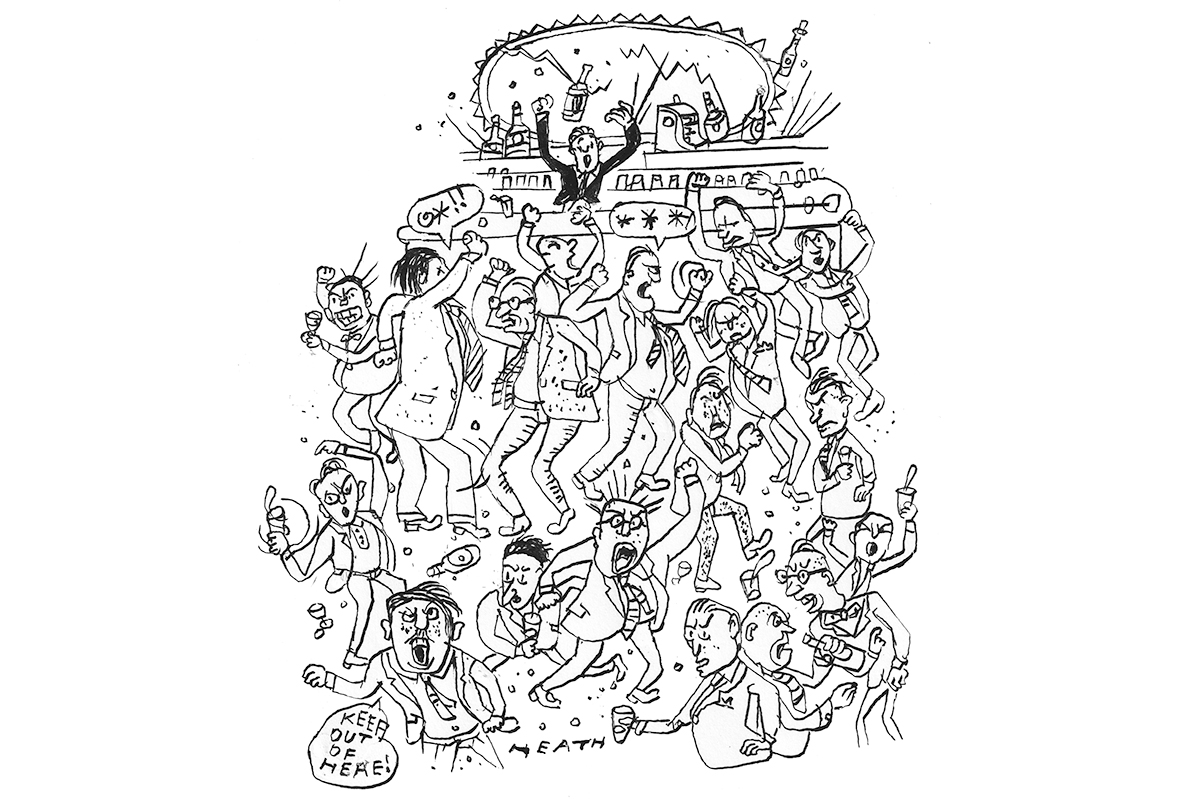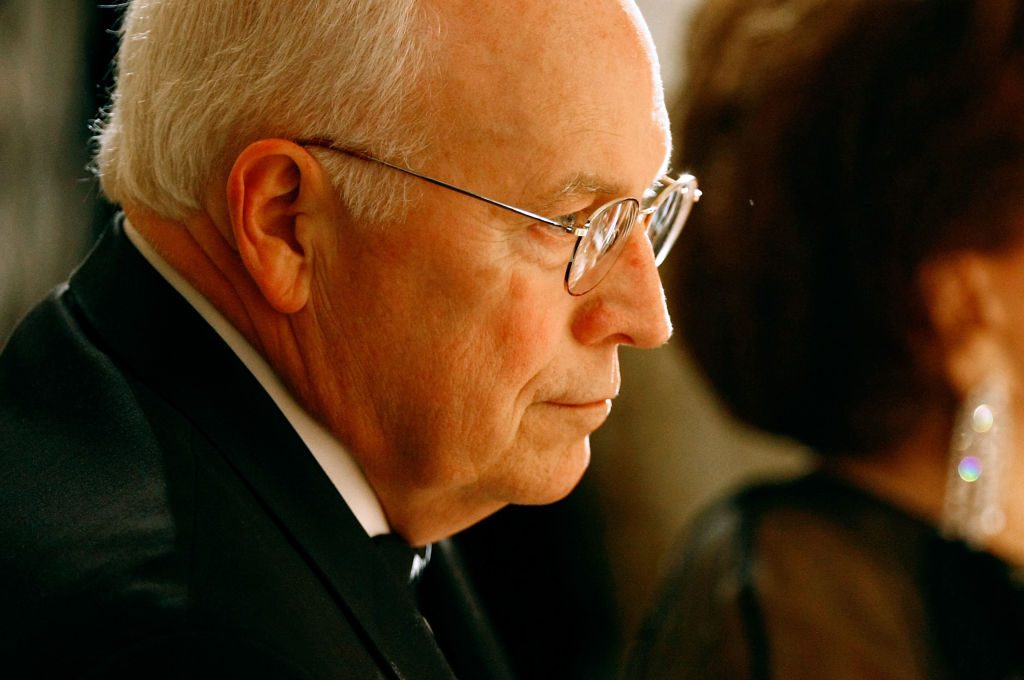Twenty years of war in Afghanistan are over. What comes next is 20 years, or even more, of recriminations and blame for why the war ended as it did. Scholars and partisans still argue over the reasons America lost in Vietnam, so why should Afghanistan be any different?
On the plus side, the debate promises to be far more interesting. When it comes to Vietnam, partisans debate rules of engagement, bombing strategies, funding levels and the Tet Offensive. With Afghanistan, the question could be: did gender studies cause America to suffer its most humiliating defeat ever? Cockburn wishes he was joking.
Traditionally, nations have waged war by mustering armies, defeating their enemies in battle, and despoiling their lands and cities. Only after total victory is the process of remaking a society feasible.
But America in Afghanistan sought a shortcut, and by ‘shortcut’ Cockburn means ‘something that takes 10 times as long but doesn’t look as nasty for TV cameras’. America hoped that with enough half-baked social engineering in the half of Afghanistan it controlled, it would eventually be rewarded with victory, and Afghanistan would become the Holland of the Hindu Kush. On Ivy League campuses, students are taught to decry ‘colonialism’, but the Ivy League diplomats who sought to remake Afghanistan in Harvard’s image were among the most ambitious practitioners of it in world history.
So, alongside the billions for bombs went hundreds of millions for gender studies in Afghanistan. According to US government reports, $787 million was spent on gender programs in Afghanistan, but that substantially understates the actual total, since gender goals were folded into practically every undertaking America made in the country.
A recent report from the Special Inspector General for Afghanistan Reconstruction (SIGAR) broke down the difficulties of the project. For starters, in both Dari and Pastho there are no words for ‘gender’. That makes sense, since the distinction between ‘sex’ and ‘gender’ was only invented by a sexually-abusive child psychiatrist in the 1960s, but evidently Americans were caught off-guard. Things didn’t improve from there. Under the US’s guidance, Afghanistan’s 2004 constitution set a 27 percent quota for women in the lower house — higher than the actual figure in America! A strategy that sometimes required having women represent provinces they had never actually been to. Remarkably, this experiment in ‘democracy’ created a government few were willing to fight for, let alone die for.
The initiatives piled up one after another. Do-gooders established a ‘National Masculinity Alliance’, so a few hundred Afghan men could talk about their ‘gender roles’ and ‘examine male attitudes that are harmful to women’.
Police facilities included childcare facilities for working mothers, as though Afghanistan’s medieval culture had the same needs as 1980s Minneapolis. The army set a goal of 10 percent female participation, which might make sense in a Marvel movie, but didn’t to devout Muslims. Even as America built an Afghan army that ended up collapsing in days, and a police force whose members frequently became highwaymen, it always made sure to execute its gender goals.
But all this wasn’t just a stupid waste of money. It routinely actively undermined the ‘nation-building’ that America was supposed to be doing. According to an USAID observer, the gender ideology included in American aid routinely caused rebellions out in the provinces, directly causing the instability America was supposedly fighting. To get Afghanistan’s parliament to endorse the women’s rights measures it wanted, America resorted to bribing them. Soon, bribery became the norm for getting anything done in the parliament.
Instead of rattling off anecdotes, perhaps a single video clip will do the job. Dadaism and conceptual art are of dubious value even in the West, but at some point some person who is not in prison for fraud decided that Afghan women would be uplifted by teaching them about Marcel Duchamp:
Watch the video, and you can see the exact point (specifically, 31 seconds in) where the American mission in Afghanistan dies.

























